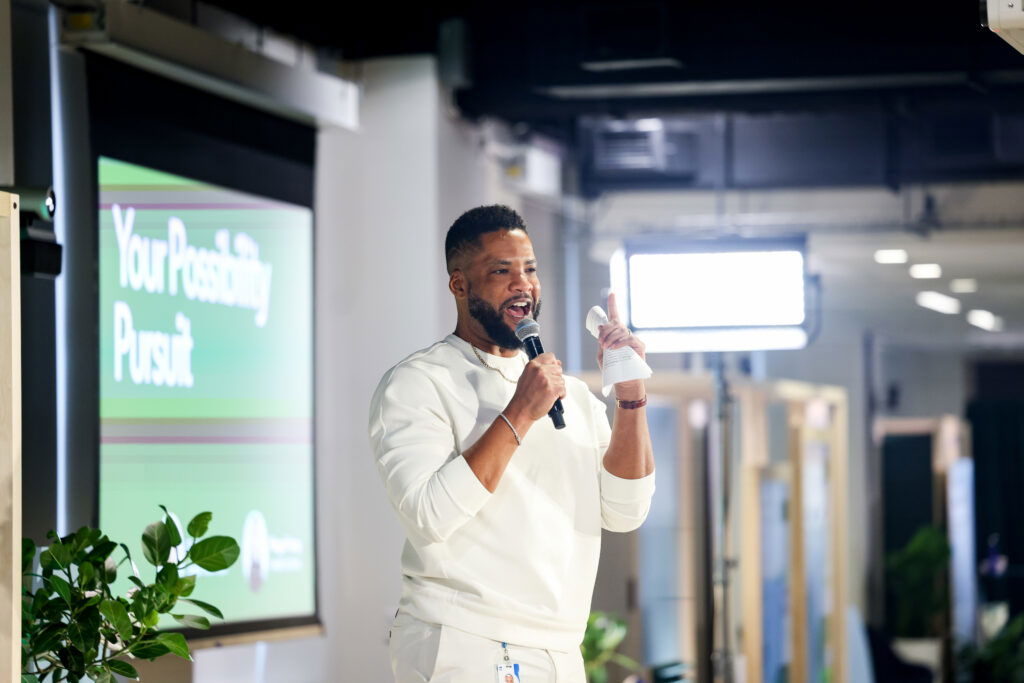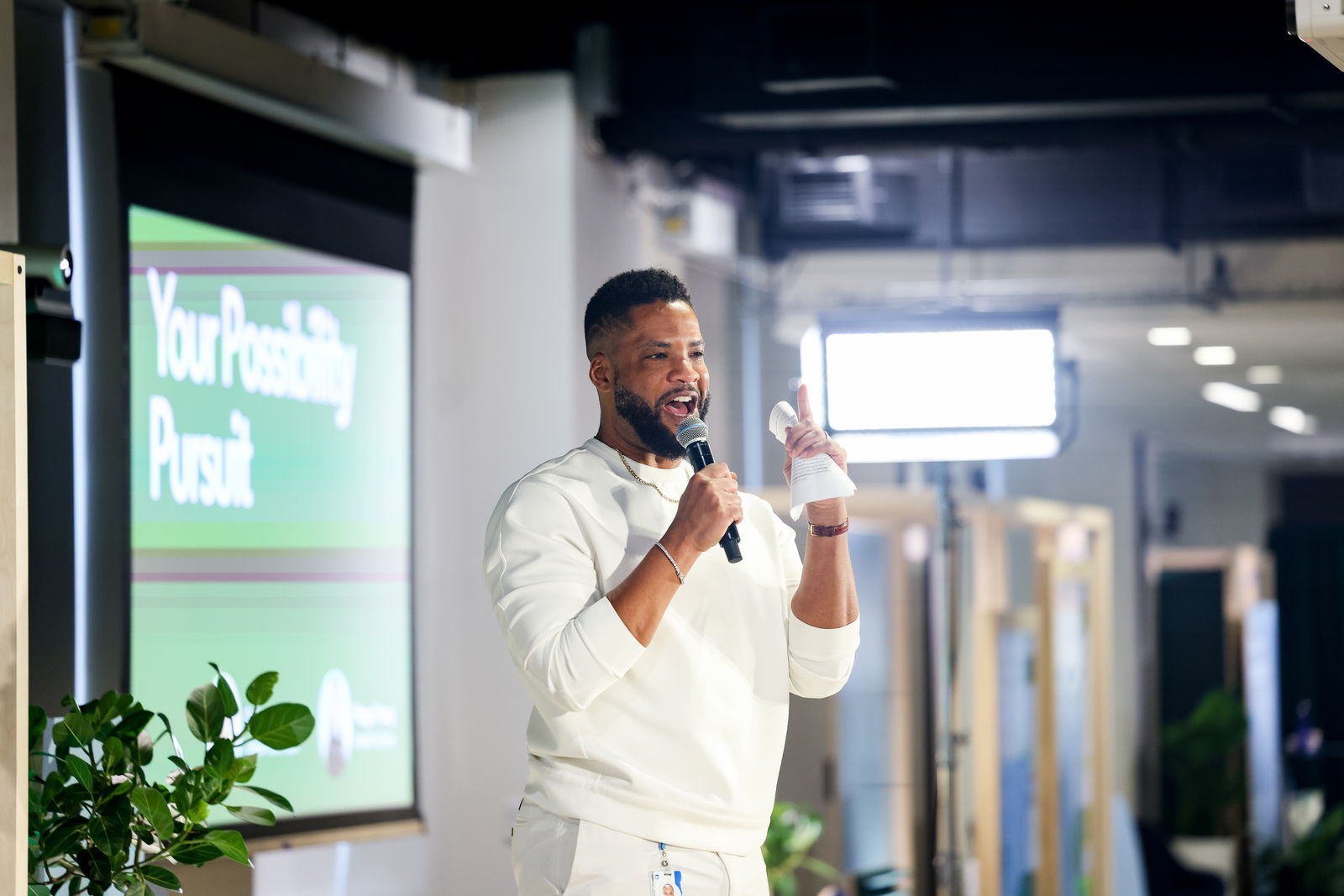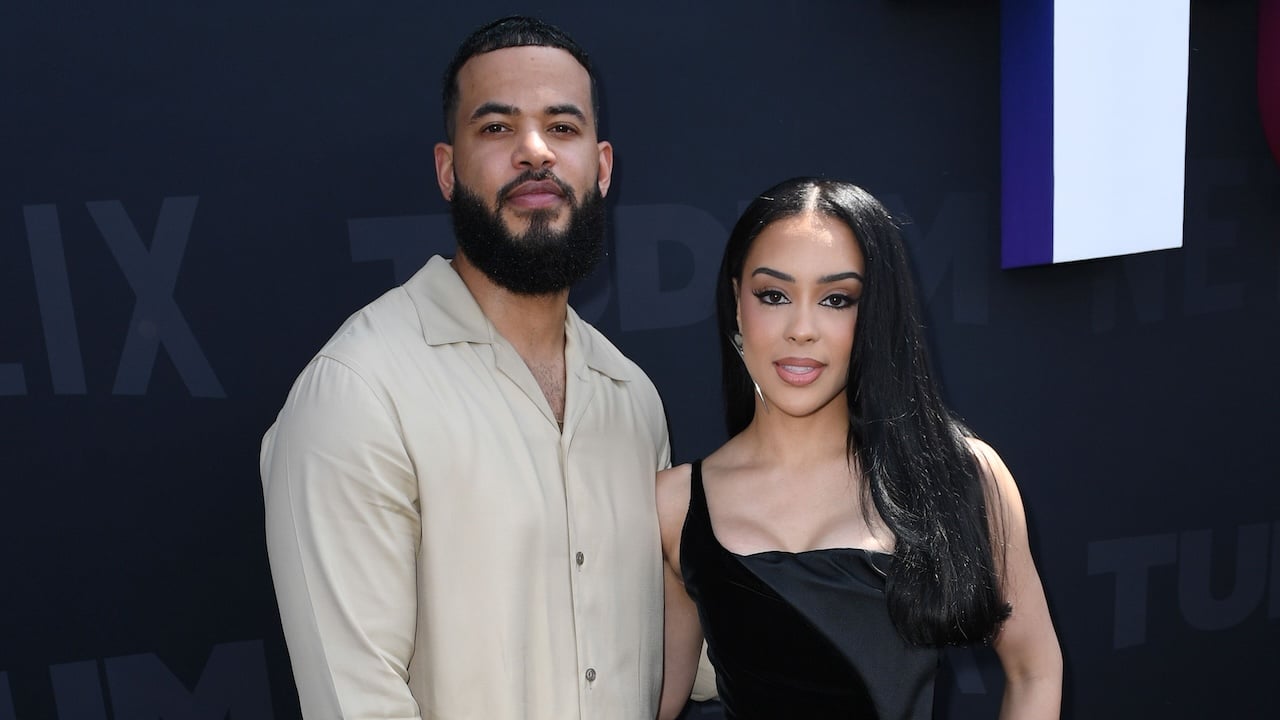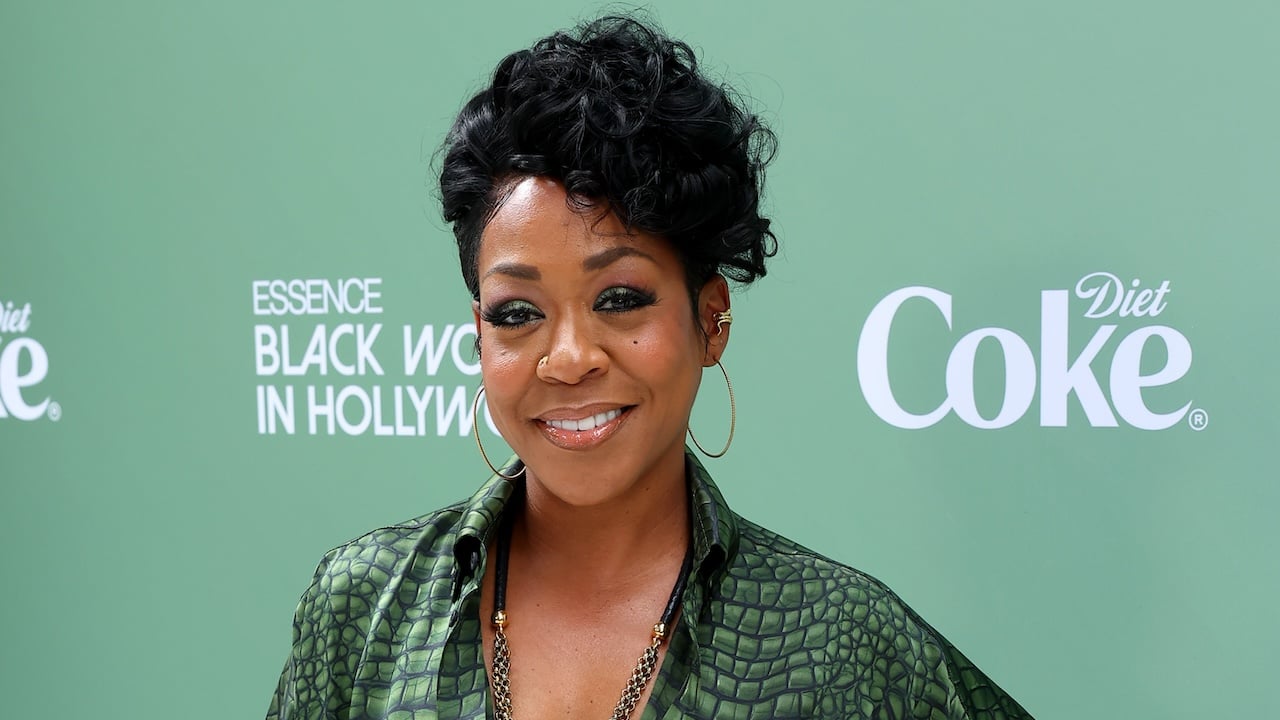Federal data shows that hiring is down across all industries and Gen Z is feeling the pressure from a tough job market. There are now four generations in the workforce and research shows that recent graduates are being hit the hardest.
“It’s a highly competitive market right now,” Andrew McCaskill, a senior director and LinkedIn Career Expert told BLACK ENTERPRISE. “Hiring is down by 7% and this is one of the largest graduating classes of college students that we’ve seen in a long time.”
In LinkedIn’s Grad’s Guide 2025, researchers found that more than 50% of Gen Z feel the job hunt has gotten harder over the last year. Forty-four percent say it’s tough to stay positive during the search, and a little more than 40% say they are applying to more jobs than ever but hearing back less.
Another struggle for Gen Z is canceling out the noise and figuring out who to seek advice from. That’s where McCaskill comes in. He discussed job-search tips for Gen Z, recent graduates, and those looking for jobs in the competitive market.
What tangible strategies can job-seekers, especially Gen Z take in a tough job market?
McCaskill: Go where the growth is, okay? We look at the fastest-growing industries hiring for bachelor’s degrees and it’s not just finance. It’s also construction, utilities, oil, gas, mining, and financial services. At first glance, you might think these aren’t flashy but are growing. They are hiring, offering real pathways to economic mobility. Be open to where the opportunity is and make that opportunity work for you.
Can you tell us more about what you’re seeing, regarding which cities or regions are hiring more?
The Sun Belt is really hiring right now. The fastest growing cities for recent graduates are Tucson, Arizona; Savannah, Georgia; Tallahassee, Florida; Chattanooga, Tennessee; and Dallas, Texas.
One thing about some of these cities is many of them don’t have as much local talent, so they’re willing to pay more competitive salaries to get you there. There is also a lower cost of living, so many of these cities have a lower cost of living if you’ve been underemployed. So, if you’ve been underemployed or not getting what you really wanted the last two years, moving to one of these cities or looking for a job in one of these cities might give you a chance to play catch-up financially.
Oftentimes, the companies in some of these cities, depending upon the industry, may have more opportunity to do more or have more responsibility earlier because they’re doing because they have to recruit talent more aggressively than in Washington, D.C., Atlanta, Los Angeles, or San Francisco.
Can you tell us how Artificial Intelligence (AI) is changing the workforce and job search?
You have to be AI literate. At this point, you need AI skills. We are moving into the AI-assisted workforce, and every manager is expecting people to be able to use these tools and race with these machines.
[On the job search], use technology and use technology tools. LinkedIn just launched an AI-powered job search tool. This isn’t a premium product. It’s for everyone. You can type in, ‘I want to use my research skills in healthcare, or I want a job in marketing that will help me save the planet, and it will match you to a job description. The AI tool will not only show all the jobs that fall into that category, but if you have done a good job on your LinkedIn profile, it will tell you how much of a match you are for that job with a percentage.
How should Gen Zers look for jobs in this competitive climate?
Looking for a job and building a career is a team sport. You cannot do this alone. Securing a job is really a mix of quality, quantity, and connections.
What I mean by quality is instead of doing 500 applications, do a solid five that you’re qualified [for] and go hard with that. Also, while research shows you are four times more likely to get a job at a place where you know somebody, it does not have to be your best friend, so leverage your network.
LinkedIn is a great place to build some great professional relationships or catch up with people you used to work with. Reintroduce yourself. Also, tap into your school’s alumni network. Send them a connection and ask them to stay in touch. You can use the catch-up tab under the “My Network” section to keep people updated on where you are, if you are moving to another city, or if you’re looking to move to another city.
What are some common mistakes people make when networking?
First, if I don’t know you and you don’t know me, what is our connection? It could be a loose connection. If you see me speak, read my newsletter or an article, even if it’s a major reach, make the connection known. The second mistake is people will not say what they want. They say something like, ‘I want to pick your brain.’
Busy people need specificity. An example is, ‘I know you used to work at Meta, and I would love to make some connections there. Would you be willing to introduce me to someone?’ I know that you used to work at Meta. I’d love to make some connections there. Would you be willing to introduce me to somebody? It’s bold, but I would say absolutely.
For more career advice, follow Andrew McCaskill on LinkedIn or subscribe to his newsletter for more job security tips.






